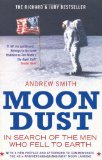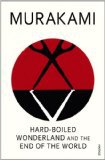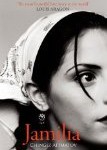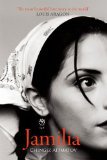Five words from the blurb: negotiate, manage, feelings, blame, listen
Last month I had a short Twitter conversation with @ninabellbooks about books we buy for other people. She mentioned Difficult Conversations as one she finds so useful she frequently talks about, and then buys, for other people. I was intrigued and so ordered a copy from my local library. I now know why she loves it so much and have already recommended it to several people.
Difficult Conversations is written by the leaders of the Harvard Negotiation Project and it explains how to approach a wide range of potentially volatile situations. In step-by-step guides it teaches the reader how to avoid arguments and negotiate a solution that is acceptable to all parties. It explains everything from how to deliver bad news, to dealing with difficult colleagues. It even explains how to ask for a pay rise! Whilst most is common sense there were several aspects that were new to me and incorporating some of these ideas into my conversations has changed my life for the better.
One of the main points this book makes is that there are very few bad people in the world. Most don’t set out to hurt others and if they do it is either unintentional or the indirect result of trying to help someone else. It advises giving people the benefit of the doubt, explaining how their actions hurt you and trying to understand their point of view. It cleverly includes examples where you read through the conversation, immediately come up with your own ideas about who is right or wrong, but when you read the additional information your take on the situation changes completely. I wish more novel writers read this book as it would help them to create some fantastic twists!
The book explains how everyone has their own quirks and it is only through compassion and patience that we can try to understand the other person’s point of view and have meaningful conversations.
Sometimes, you’ll find yourself wishing you didn’t have to be explicit. You wish the other person already knew that there was a problem and would do something about it. This is a common and understandable fantasy – our ideal mate or perfect colleague should be able to read our mind and meet our needs without having to ask. Unfortunately, such people don’t exist. Over time, we may come to know better how we each think and feel, but we will never be perfect. Being disappointed that someone isn’t reading our mind is one of our contributions to the problem.
Overall this is a very important book. It will help people to live happier lives and prevent many arguments. Highly recommended.

.
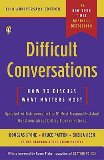
![Difficult Conversations: How to Discuss What Matters Most[ DIFFICULT CONVERSATIONS: HOW TO DISCUSS WHAT MATTERS MOST ] By Stone, Douglas ( Author )Nov-02-2010 Paperback Difficult Conversations: How to Discuss What Matters Most[ DIFFICULT CONVERSATIONS: HOW TO DISCUSS WHAT MATTERS MOST ] By Stone, Douglas ( Author )Nov-02-2010 Paperback](http://images.farmlanebooks.co.uk/418xITrFhmLa_SL160_.jpg)



